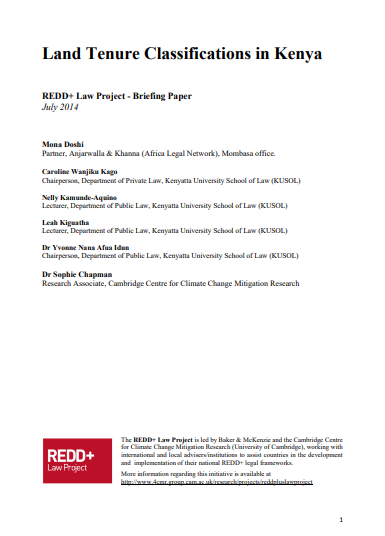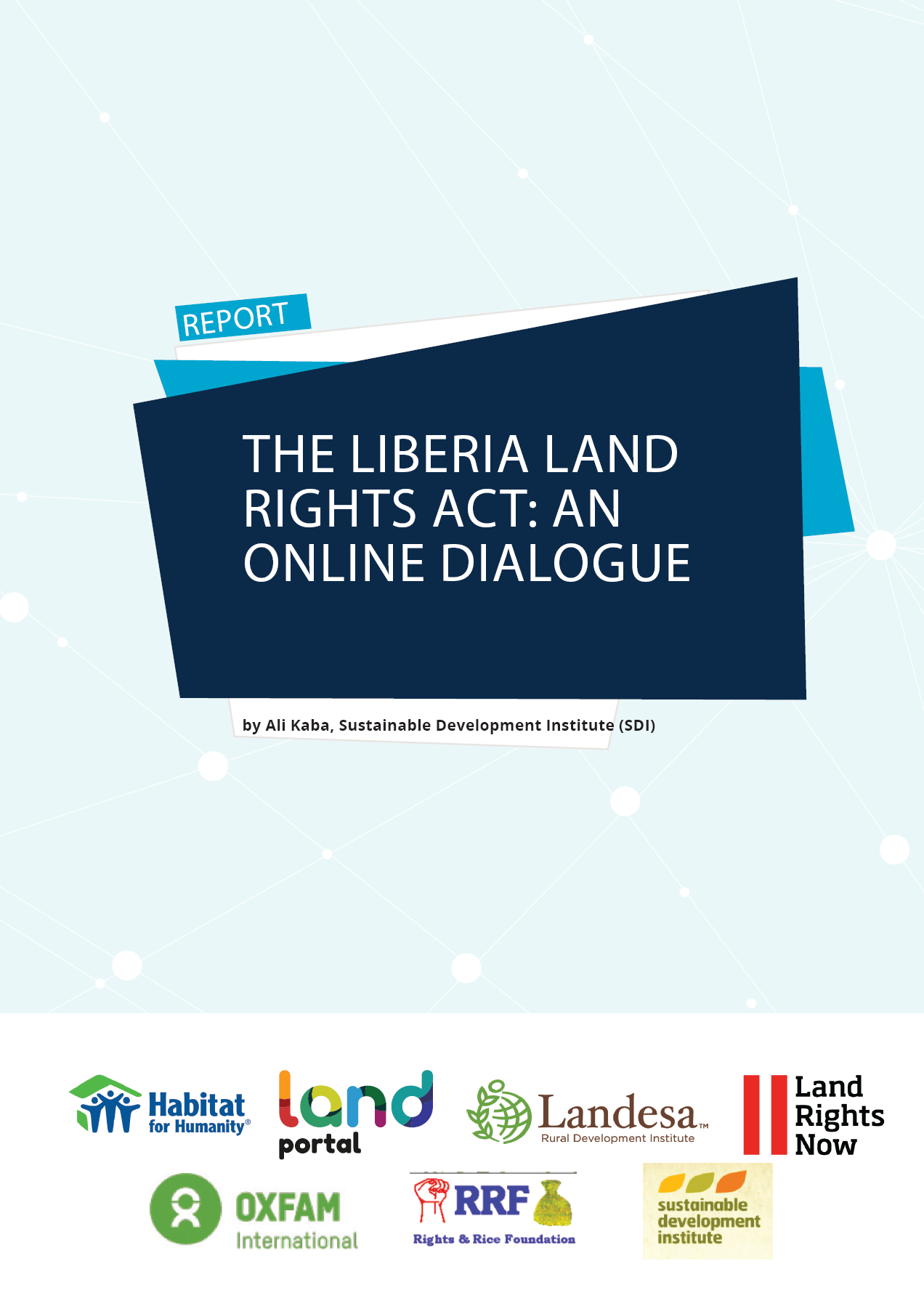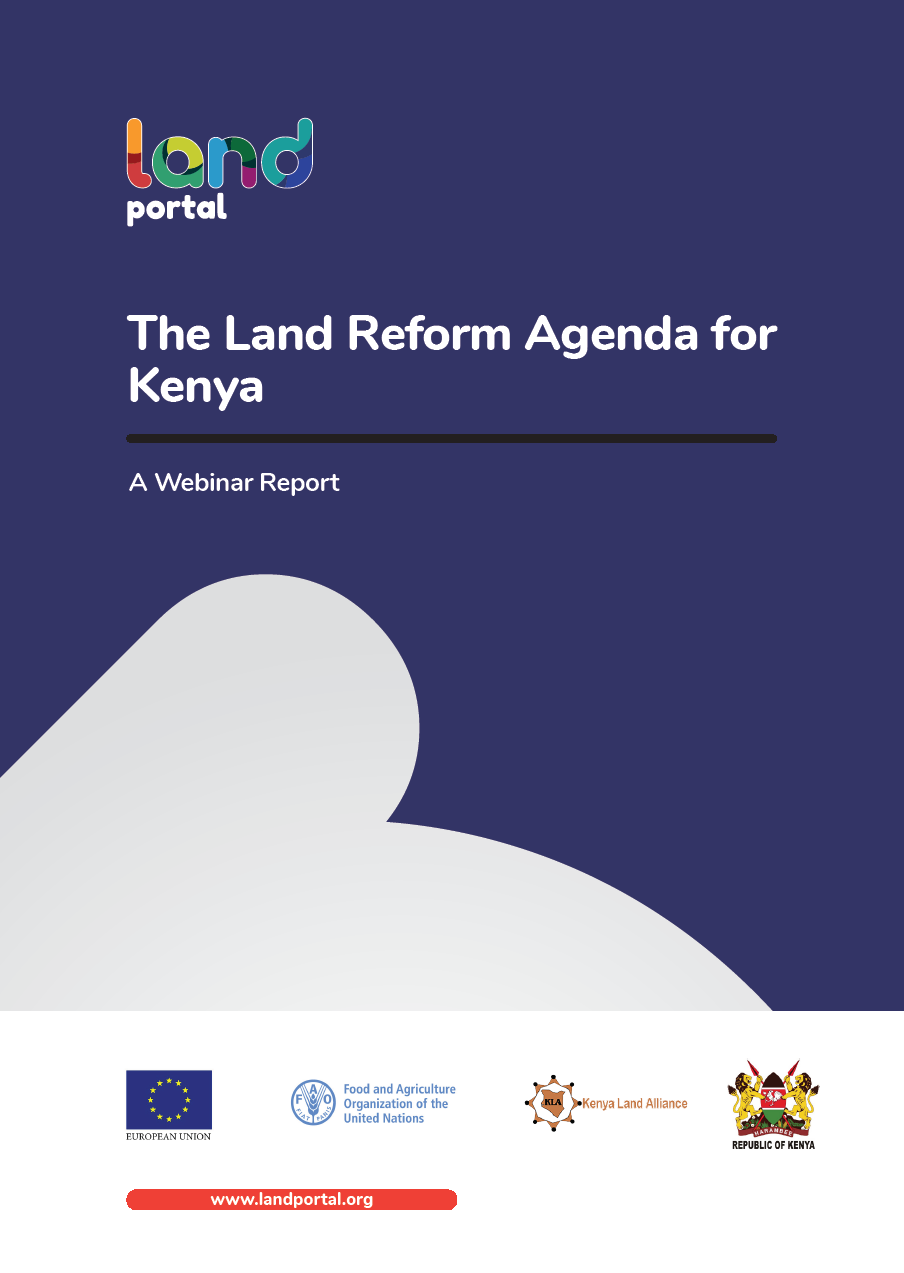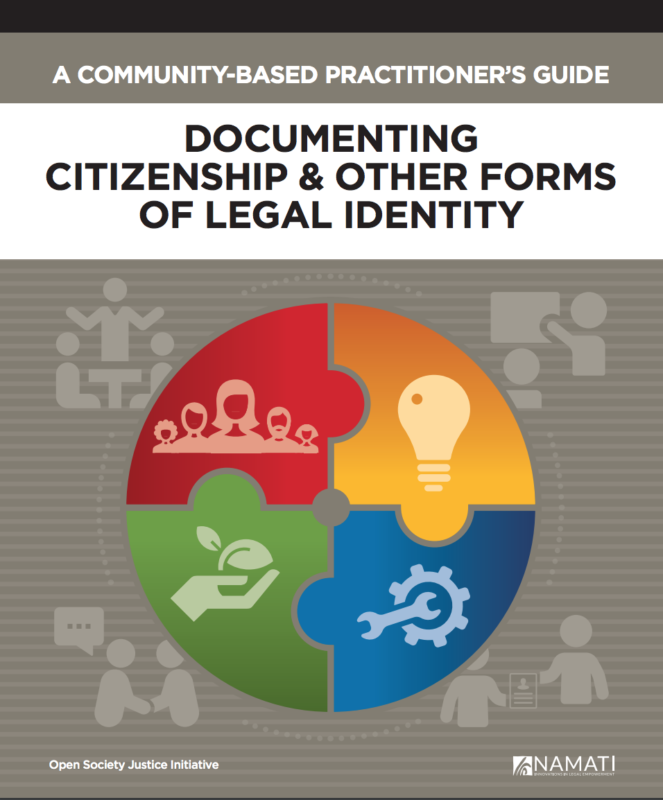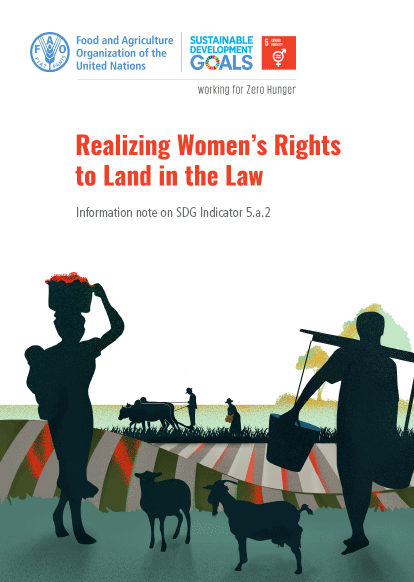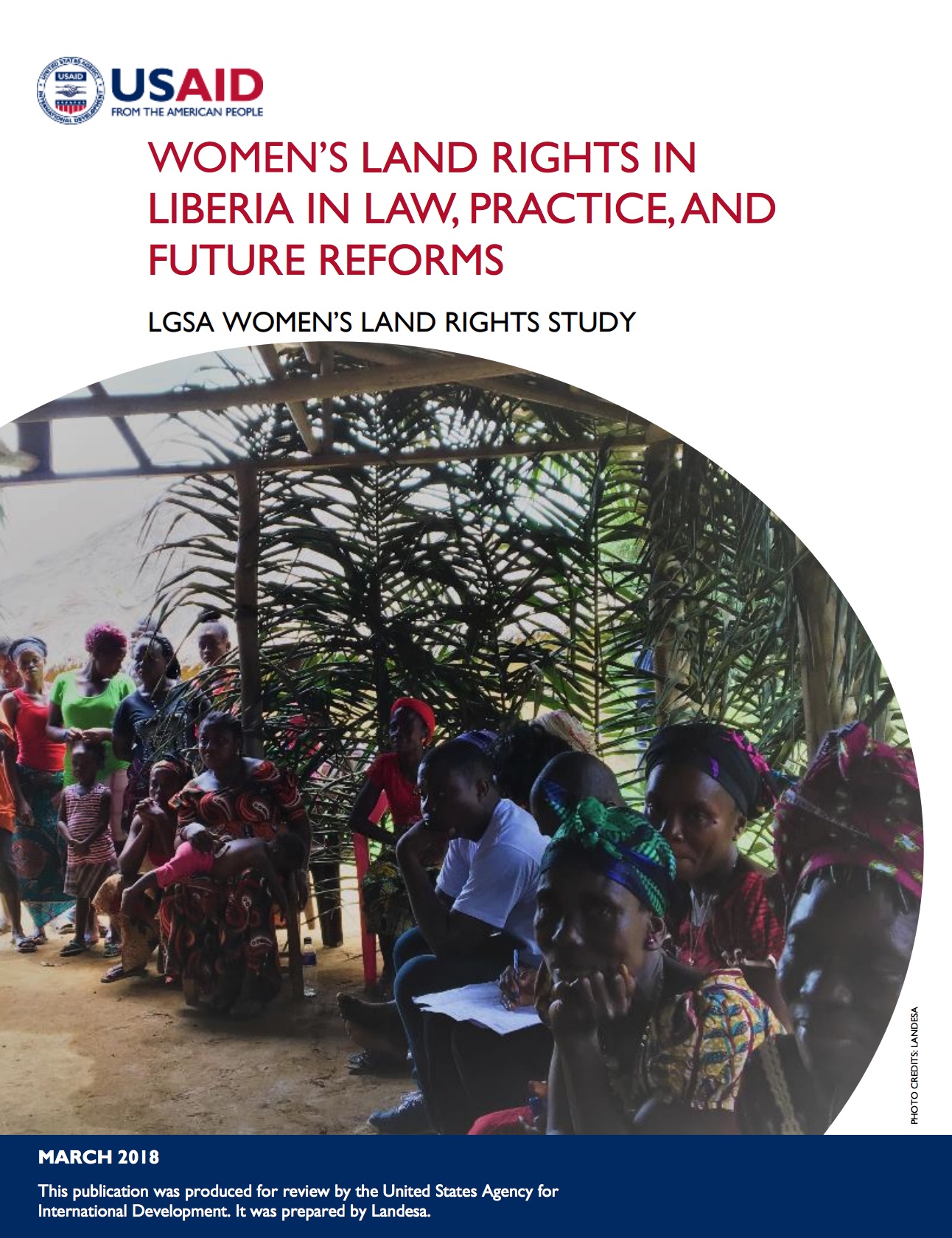Land Reform in the Shadow of the State: the Implementation of new Land Laws in sub-Saharan Africa
Focuses on the problems of implementing new land laws in Africa, with particular emphasis on those in Tanzania, Uganda and South Africa. Includes background, the policy environment, implementers, accommodative non-state land reform, and radical non-state land reform.



